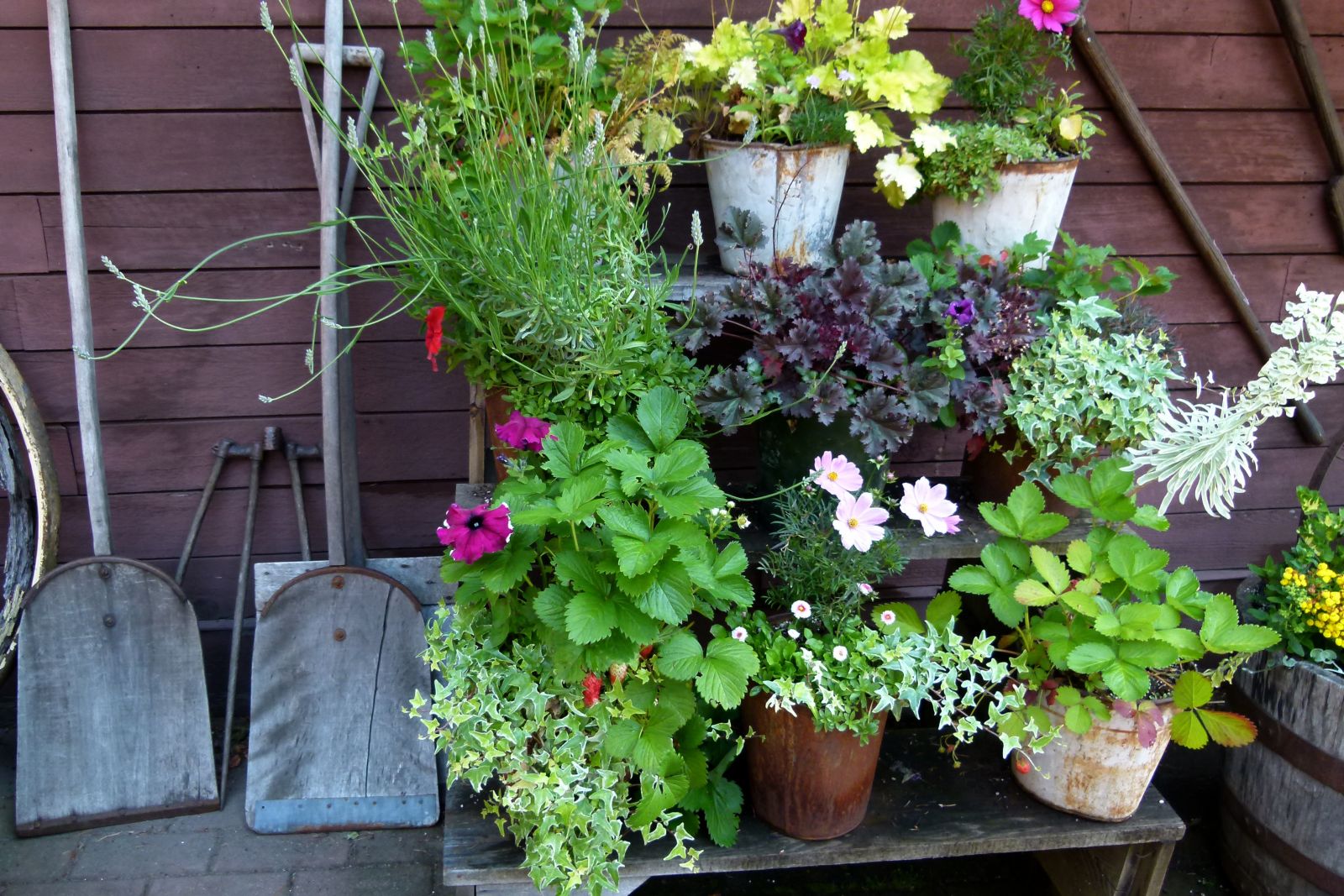This review is being run in conjunction with the Evidence Synthesis Team.
Why did we do this review?
Gardening and food growing are increasingly popular activities in schools. As well as individual school initiatives, there are a number of national school gardening programmes. Suggested benefits include healthier eating and increased physical activity, as well as increased educational attainment and social development. However it is unclear how much evidence there is to support these suggestions.
We wanted to know:
· Are there health and wellbeing benefits for students participating in school gardening?
· What do school gardens mean to those who use them?
How did we do this review?
The research was a systematic review. This brings together all existing research on a particular question. To find studies that might help us to answer the question we searched both the relevant academic literature and other evaluations of school gardens projects.
The review included 40 relevant studies from the UK, Portugal, Australia and the USA, largely in primary schools and from the last 5 years. The activities varied, with some being integrated into the curriculum or also including cooking lessons.
What did we find?
-
There is limited evidence that school gardens increase preference for fruits and vegetables.
-
There is also limited evidence that school gardens increase consumption of fruits and vegetables.
-
There is no reliable evidence that school gardens produce changes in levels of physical activity or weight.
-
When students talked about what gardening meant to them, they suggested a wide range of benefits, including:
-
changed attitudes to fruit and veg and,
-
an increased sense of achievement, self-confidence and connectivity.
-
-
Teachers and parents thought that children who found traditional classroom settings difficult challenging benefitted from gardening.
What people said about school gardens:
Primary school child
'When I grow them [vegetables] I feel like I should always try it. And when I’ve grown them I like them better than the shop ones. '
Secondary school student
'It's almost like meditation, like my body is present but my mind just kind of drifts off and goes someplace else, and thinks about things…It's brainless tasks most of the time, so it's also like zenful, so you get to listen to things…I think about stuff, so I don't have to go home and think about it right before bed, so instead I can just go to sleep and stuff. I just feel happier in a way, and more at peace.'
Teacher
'A child who struggled and had learning difficulties…and just her confidence and her ability to outshine other kids, who have strengths in other areas, was just amazing and she was just really comfortable, in her element…. The building of confidence was just amazing.'
What next?
The research that interviewed people about what they thought was good quality. However, most of the identified research that reported how well school gardens worked was poor quality. In addition, many different ways of measuring the same thing were used, making it difficult to compare or combine results across studies.
Future research should consider how gardens may lead to wellbeing benefits, and use more appropriate study designs. Consistency in the way food intake is measured would be helpful and should be objective.
The full version of our systematic review contains a diagram showing how we think school gardens could have impact based on the qualitative evidence in the review.
Further information
For more information, read a printable version of this summary. You can also read a recently published paper here.
Collaborators
- Heather Ohly
- Sarah Gentry
